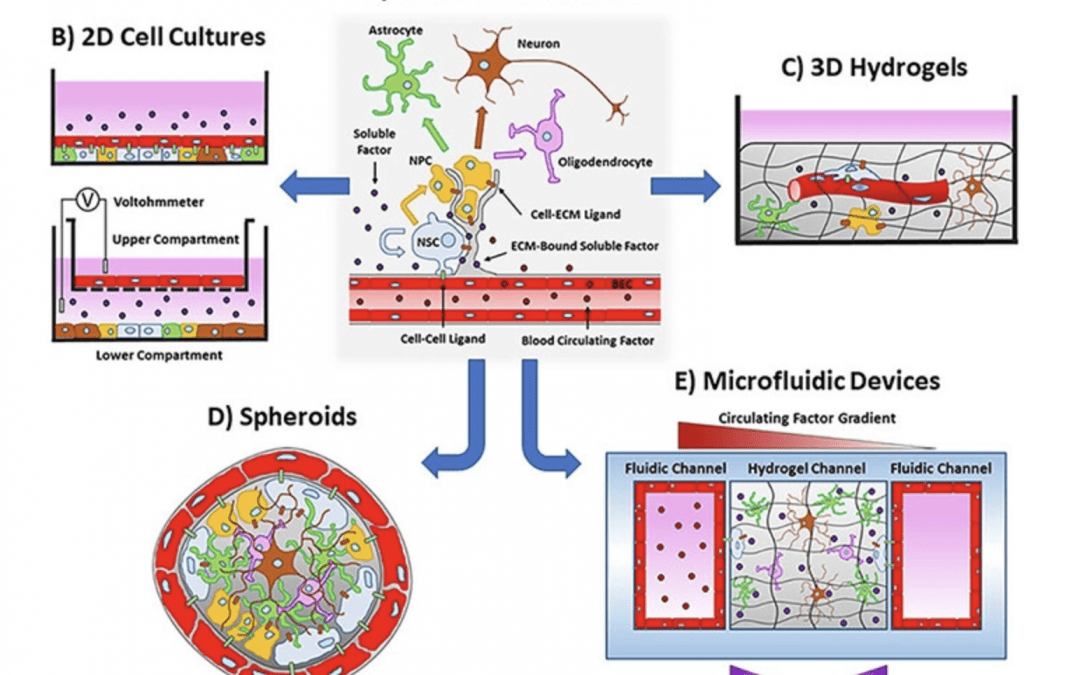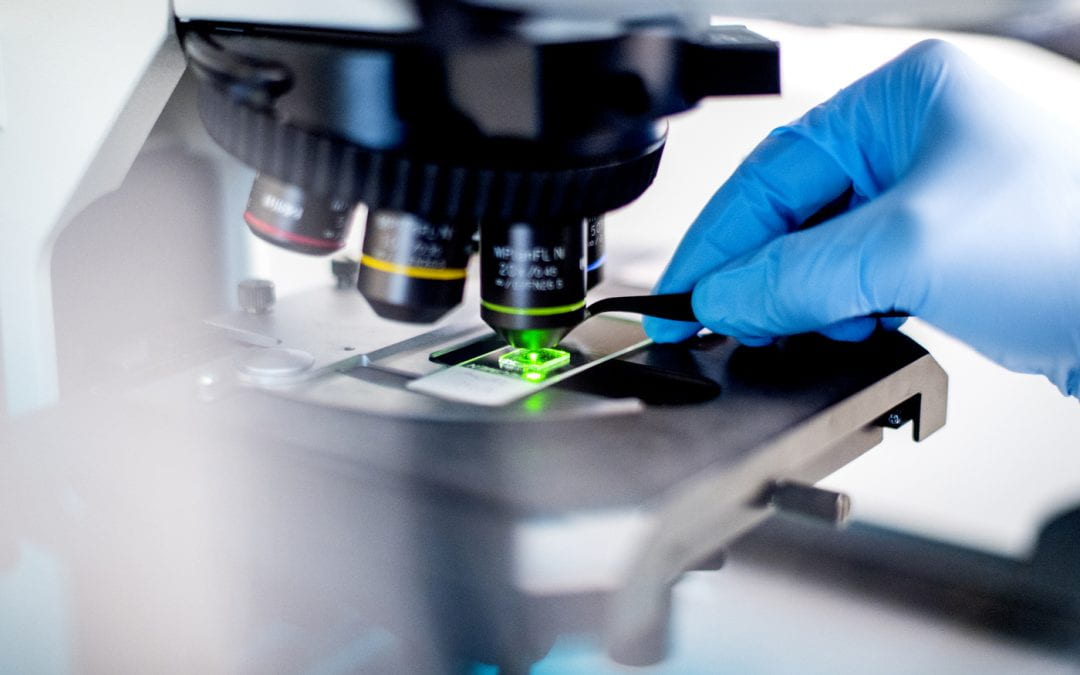Microphysiological Systems

ABNEL has developed a laser cut and assemble microphysiological system (MPS), or organ-on-chip device, of the gut and the heart 1,2. MPSs allow for physiologically relevant modeling of organ systems and diseases with limited confounding factors present. This methodology is a more cost effective and manufacturable option compared to the current standard of PDMS soft lithography.
Ongoing research aims to develop an MPS of gut and enteric nervous system (ENS) physiology to further study the gut-brain connection. ABNEL also aims to develop MPSs of various neural disorders that have an expected connection to the gut including Parkinson’s, visceral pain, depression, and anxiety. The study of parasympathetic and sympathetic innervation in cardiac tissue is also being explored through the use of our cut and assemble MPSs. Electrophysiological techniques, such as transepithelial electrical resistance (TEER) and microelectrode arrays (MEA), are frequently utilized to study endothelial barrier function and neuronal action potentials, respectively.
Recent publication:
Sanjin Hosic, Adam Bindas, Marissa L. Puzan, Will Lake, Jonathan Soucy, Fanny Zhou, Ryan A. Koppes, David T. Breault, Shashi K. Murthy, Abigail N. Koppes. Rapid prototyping of multilayer microphysiological systems. May 2020. https://doi.org/10.1021/acsbiomaterials.0c00190
Recent reviews:
Kyla Nichols, Ryan Koppes, Abigail Koppes. Recent advancements in microphysiological systems for neural development and disease. May 2020. https://doi.org/10.1016/j.cobme.2020.05.003
Jonathan R. Soucy, Adam J. Bindas, Abigail N. Koppes, and Ryan A. Koppes. Instrumented Microphysiological Systems for Real-time Measurement and Manipulation of Cellular Electrochemical Processes. Oct 2019. https://doi.org/10.1016/j.isci.2019.10.052
Cited Papers:
1 Hosic, S. et al. Rapid prototyping of multilayer microphysiological systems. ACS Biomaterials Science & Engineering (2020).
2 Soucy, J. R. et al. Organ-on-chip Model for Investigating Autonomic Innervation of the Cardiac Microenvironment. Circulation Research 125, A421-A421 (2019).

AIP publishes SciLight commentary on recent ABNEL collaboration review
AIP published a commentary on a recent review paper led by Max A. Winkelman and Prof. Guohao Dai in collaboration with ABNEL and LNNR. More information can be found in the link below: https://aip.scitation.org/doi/10.1063/10.0003794 Original Publication:...

Abby publishes commentary calling to address racial disparities in research funding
Abby was a signatory on a recent commentary published in Cell calling for increased action to address present racial disparities in scientific funding. More details can be found in a news release and the commentary itself. #fundblackscientists